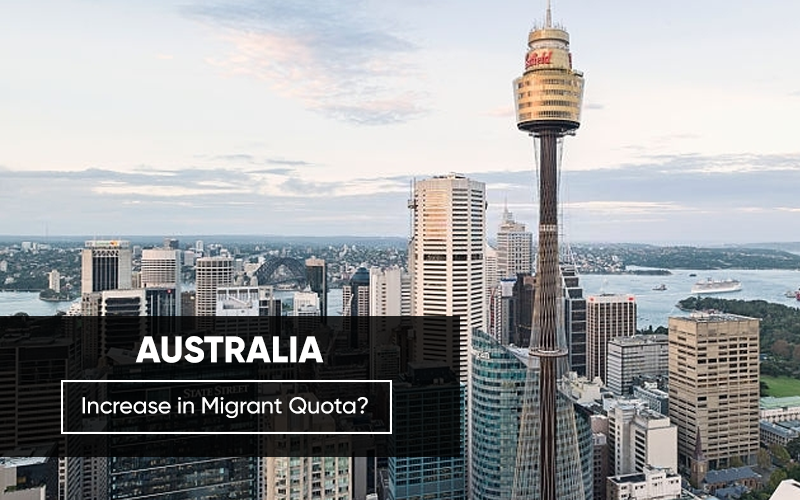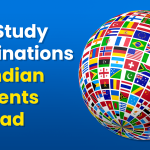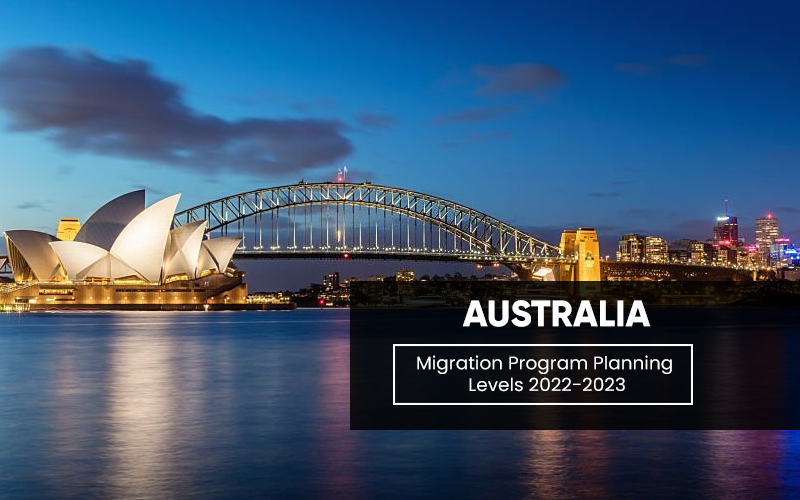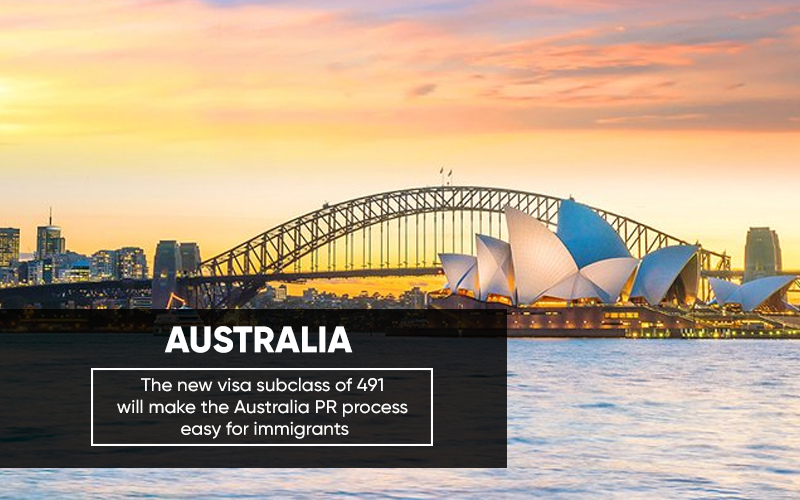The number of visa spots available for skilled migrants and students in Australia will be announced shortly. It has also recently been stated that select tourists, international students, and visa holders currently outside of Australia would be allowed to enter the country next week if they are completely vaccinated with one of the recognised vaccines.
Tourists from Singapore, Japan, and South Korea will be among the first to return to Australia following nearly two years of travel restrictions. Existing visa holders from other countries, such as students, those on temporary work visas, working holiday visa holders, and those on provisional skilled visas, have been unable to enter Australia.
Australia had always wanted to open its borders, and it should have happened sooner if it hadn't been difficult to secure appropriate vaccine supplies, and the vaccine program's implementation had been far from flawless.
Australia must make up for lost time due to the length of time its borders have been blocked. Skill shortages in Australia are so widespread and affect so many industries that naming a few would be a disservice to those I didn't mention, but they have prevented large infrastructure projects from moving forward as well as local restaurants from being able to find enough chefs to prepare meals.
Universities have long relied heavily on international students to finance their academic institutions, to the point that border closures have had a significant influence on this $40 billion business in the last two years.
Australia's economy has traditionally been heavily reliant on two pillars (the 2 M's), mainly mining and migration. The absence of migration to Australia over the past two years has resulted in the slowest pace of population increase in more than a century, and the last time Australia had a net population drop was during World War I.
The closed border will have a long-term impact on Australia, which depends on migration for two-thirds of its population growth. By 2030, there will be 1 million fewer people in Australia than there would have been under pre-pandemic immigration levels.
I believe we are on the verge of hearing a major announcement about immigration quotas for the coming year. Call me cynical, but I believed the government was preparing the public for larger levels of immigration when I heard that the housing market was expecting a 10% decrease in value next year at the same time that expanded migration quotas were being discussed.
Migrants have long been blamed (unfairly) for Australia's high property prices, with migrants being blamed in particular for higher housing prices in Melbourne and Sydney. They have also been wrongfully blamed for stagnating wage growth in Australia, despite low inflation of between 2 and 3 percent, which is within the target levels.
There has been so much news in recent months about the positive effects of migration and severe skill shortages that I believe it is all leading up to a significant announcement regarding increasing migrant quotas, particularly for skilled migrants.
The government has been slow to announce how it plans to treat those on provisional visas who must meet specific visa conditions, such as time spent in Australia and time spent working in Australia, before they can move to permanent residence. I believe it is unfair to allow these visa holders to visit Australia without making larger concessions to the period of time they need to live and work in Australia, but the Minister of Immigration made the following announcement just yesterday after encouraging them to do so:
'In recognition of the harmful impact of COVID-19-related travel limitations on this cohort, the Government will further extend visas for skilled regional (provisional visa) holders (subclass 489, 491, and 494).'
Minister Hawke stated that "current and expired skilled regional provisional visas will be extended, enabling additional time to meet regional work requirements for permanent residency."
"Overseas, there are approximately 9,000 skilled regional provisional visa holders." These visa holders will be able to enter Australia on December 1, 2021, and will be eligible for a visa renewal," he said.
Before making arrangements to enter Australia, I'm sure migrants from other countries would have appreciated some information about the nature of the extended periods.
As in most developed countries, immigration has always been a touchy subject, with politicians vacillating between a "big" Australia, or one with modest population growth, and the post-World War II doctrine of "populate or perish," which saw two million immigrants arrive in Australia between 1945 and 1965.
The idea of a large Australia has faded in favour since 2010, but I believe that is about to change. I believe the migration pendulum has swung back in our favour, and I expect a huge announcement in the coming days.
There appears to have never been a finer time to relocate to Australia.
At Immigration Experts, we guide your clients with the best possibilities of moving to Australia (https://www.immigrationxperts.com/australia-pr-points-calculator/) with regards to their professional background.
To Stay Updated on Australia Immigration News, Subscribe to Immigration Experts
NEWSLETTER: https://www.immigrationxperts.com/newsletter/
Fill up our Free Evaluation Form and take the initial step towards your Visa and Immigration Process.We are available for ONLINE CONSULTATION!
Contact Immigration Experts for FREE Points-Based Assessment of your profile:Drop us an email at: info@immigrationxperts.com
Give us a call at: +91-9999467686, 0120-6618011, 0120-6618123
Book your appointment with our experienced immigration counselors and solve all your immigration-related queries at the comfort of your home.
We are available on Skype: Immigrationxperts.com
Achieve your Immigration dreams with Immigration Experts











